Description
Susan M. Schultz
I and Eucalyptus
ISBN 978-1-956921-31-1 (paperback, poems with full color photographs)
Note that there is an Italian translation of this book here.
110 pages: $28.95
August 1, 2024 (Available for pre-order)
I and Eucalyptus is series of meditative poems, or poetic meditations, on the relationship between the writer and a tree, by way of Martin Buber’s I and Thou, including 21 full color photographs of the tree. Schultz’s obsession with a solitary eucalyptus in a neighborhood park opens up space for discussions of self and other (as well as dog), creation and decreation, accident and abstraction in art, politics and spirituality, and much else. Tree and writer exchange vows, but there’s no insurance to cover such a union, so writer and dog return home, “develop” photos, and muse about these encounters between human and tree beings. The eucalyptus, so often considered worthless and invasive, becomes a worthwhile guide to thought. Answers, of course, are all more questions, for the book is more quest than end-point. Each section is accompanied by a photograph of the tree’s drips and drabs; greens, reds and yellows; its peeling bark and black sap.
View sample pages of I and Eucaplyptus
Some of the best poetry in America in the latter half of the twentieth century was published by the NY poet Larry Fagin’s Adventures in Poetry press. Susan M. Schultz’s book-length adventures in meditation are of a similar quality. Visually acute—as well as about the act of seeing—extremely intelligent, interested in language as much as feeling, her investigations philosophical and otherwise are never over-intellectualized (or overly serious), always firmly grounded in the immediacy of ordinary life, walking the dog, noticing what is there to notice, remembering what happened yesterday, jumping—as real consciousness jumps—from one thought or feeling or perception to another. I hesitate to call Schultz a prose poet, since her prose does much that “prose poems” rarely if ever do (including seeming to be aware of what emerges onto the page as it is emerging.) But clearly we are in the hands of a poet and along for the highly stimulating ride.
–Charles North, News, Poetry, and Poplars : Poems, Selected Prose, Complete Lineups
Reprising Martin Buber’s meditations on the relation between the I, the Thou and the It, the angel Susan M. Schultz is wrestling with for twenty rounds in this book is seemingly nothing more than a eucalyptus. In this blow-by-blow account of her daily attempts to establish a ‘dialog’ with Thou/it, Schultz gifts the reader both with a dense, poetic prose diary as well as an amazing series of 21 closeup photographs of her chosen botanical interlocutor. Accompanied by her canine companion and a 21 st century critical prism, she explores today’s burning questions such as identity, the role of art, the nature of communication, the ecological and climate crisis though a tour de force that is sure to leave readers both baffled and enriched, psychological states that place us in a much-needed receptive/listening space.
–Pina Piccolo, author of I Canti dell’Interregno
In the seventh of these thoughtful poems Schultz writes, “Because I cannot see far up the tree, my photos are of a narrow band near earth.” Lucky for us, because we live within that narrow band, and we are her subject. What do I mean here by “we”? Humans, trees, photographs, philosophies, histories, ecosystems … everything but/and the kitchen sink. But the poems are only half the story. The other half consists of beautiful close-up color photos of one particular Eucalyptus tree, its striated bark, its drips and drops of sap, what, (both real and imaginary, that gets caught in the sap… I think here of Jules Verne’s “Look, with all your eyes, look!” I take that to mean eyes that look inwards as well as eyes that look out. That’s what Schultz does here, she looks, and she sees a lot. And she generously shares it with us. We should thank our luck.
—John Bloomberg-Rissman, author of Zeitgeist Spam, co-editor, along with Jerome Rothenberg of Barbaric, Vast and Wild: Poems for the Millennium, vol. 3.
In I and Eucalyptus Susan M. Schultz continues her always attentive and by turns wry, quotidian, incisive, and poignant serial meditations. Accumulative, like the sap-laden bark of the eucalyptus tree Schultz engages and photographs, these prose reflections reify Schultz’s melding flows of thought. “Presence isn’t reality,” she writes, “but the object in relation to the space it’s in. But this is to get too abstract: what I love are the reds and greens, the gaps, the way the tree seems to open mouths (at all angles) into which I can look.” These zoomed-in peripatetic observations are close-ups of our often terrifying moment; they slip into the flow of Martin Buber’s relational I and Thou, Roland Barthes’ discourse on photography, and the late Lyn Hejinian’s subversive and subverting mnemonic sentences, and so are records of Schultz’s encounter of the world in its multitudinous forms. Paired with her lush (oozing with color and vivid stickiness!) photographs, Schultz’s “eco-meditations” are also dialogues on visual culture and our perception: “Photographs trace a border between seen and unseen, real and surreal. I take them because I see something that is something else again when I download it.” Here we understand that the process is one of attending (to the world, to ourselves): “Relation is less intensity than extension” and, as Schultz writes, “Extension is compassion.”
–James McCorkle, author of The Subtle Bodies, In Time
Add Buber’s I/Thou to an outrageously gorgeous eucalyptus tree, photography, and the inimitable and always lively meditative prose of Susan Schultz and you’ve got “I and Eucalyptus,” a text as gorgeous to look at as it is to read. Digest this book slowly and return to your own thoughts, situated, once again, in your body and your mind in a world made somehow sacred through your reading. Suddenly things make sense again!
–Norman Fischer, author of There was a clattering as…, Men in Suits, and the forthcoming Through A Window
Are the dead separate or collaged into us, like poems layered with voices? The blocks of prose that make up this book come alive in seams of rhyme and half rhyme. The images of eucalyptus bark they’re juxtaposed with, photos so close up they play, as the text does, with ideas of abstraction, are smeared with sap (rhymed with cap, trap, sap again) that trap dust, butterflies, the reader’s eye. “I am the eye of the eye of the camera”, reads one line that fleshes out phenomena of abstraction and attention that animate this book. Animate is the key word here, stressed first as verb and then as adjective to signal the aliveness of everything caught in the work’s viewfinder. The reciprocal self-making between human and tree, between I and eucalyptus, follows the traces of Martin Buber’s I and Thou, teased out in the interplay of pronouns and audible even in the falling rain’s bubering. This instance of verbing captures the ping-ponging reciprocity between playfulness and rigor that keeps these lines, their objects and others, alive. “I sit, therefore I am not a tree” performs an anti-cogito that, for all its seeming stasis and negation, opens up a space of being that is complex (“what appears is sometimes stronger than what is”) but always relational, worked out in connection with, movement through, close attention to, the world and its many other-than-human selves. “I know you understand, Eucalyptus. It’s your bark that falls, not you.”
–Ellen Dillon, author of tentatives, Butter Intervention

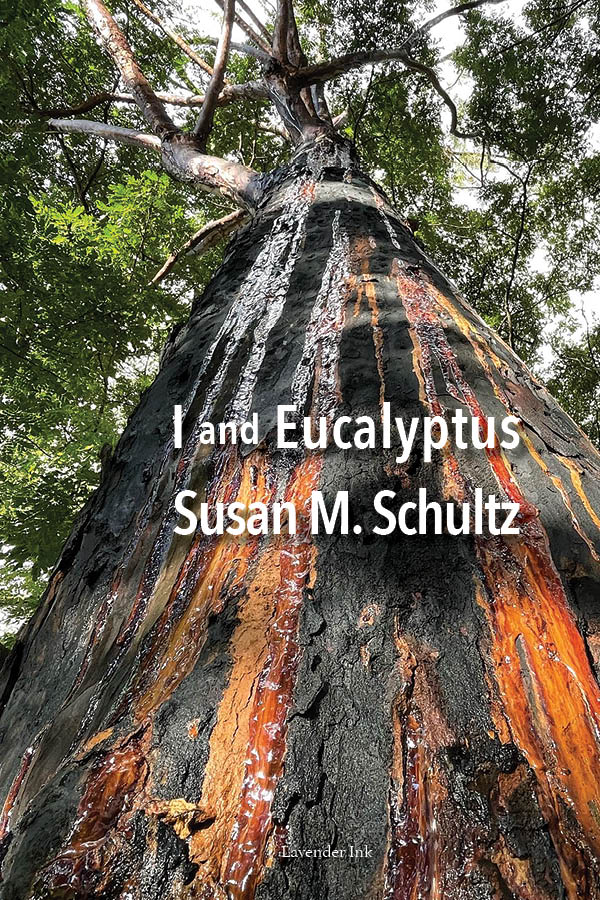

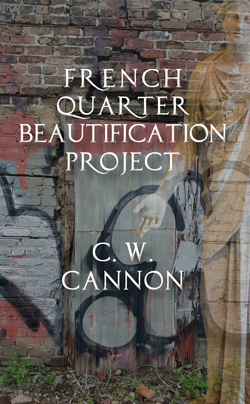
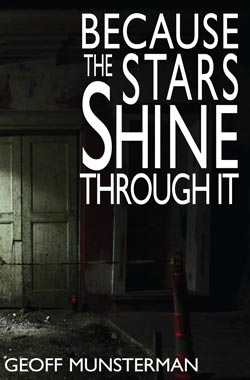
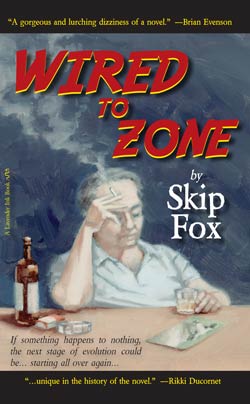
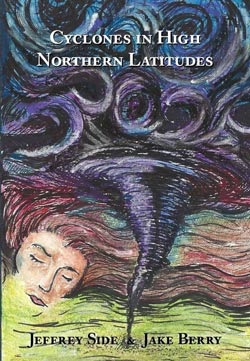
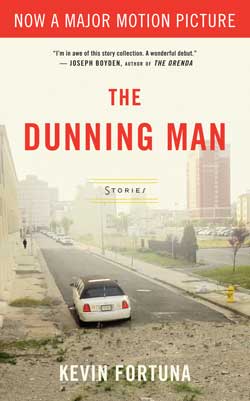

Reviews
There are no reviews yet.